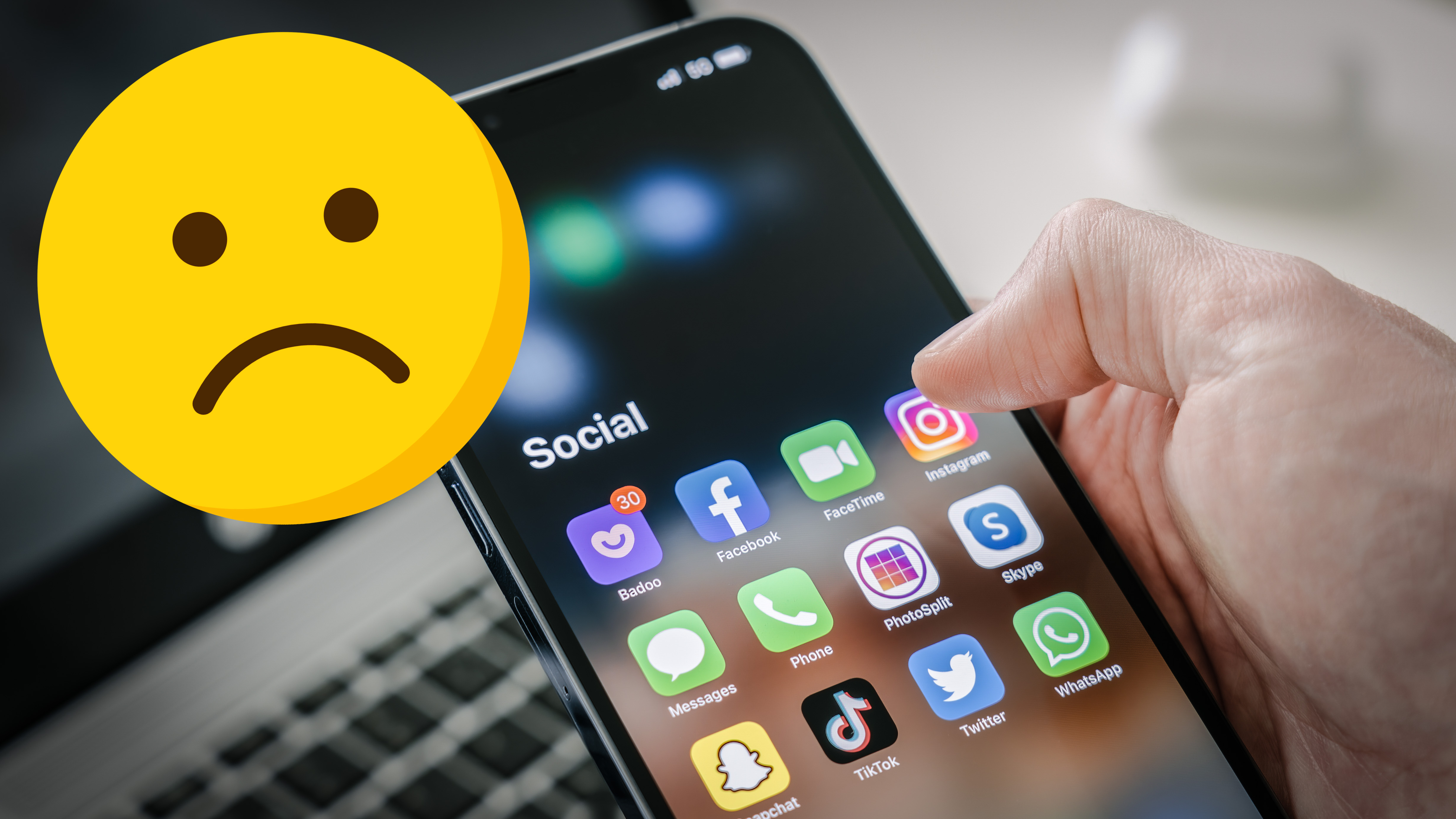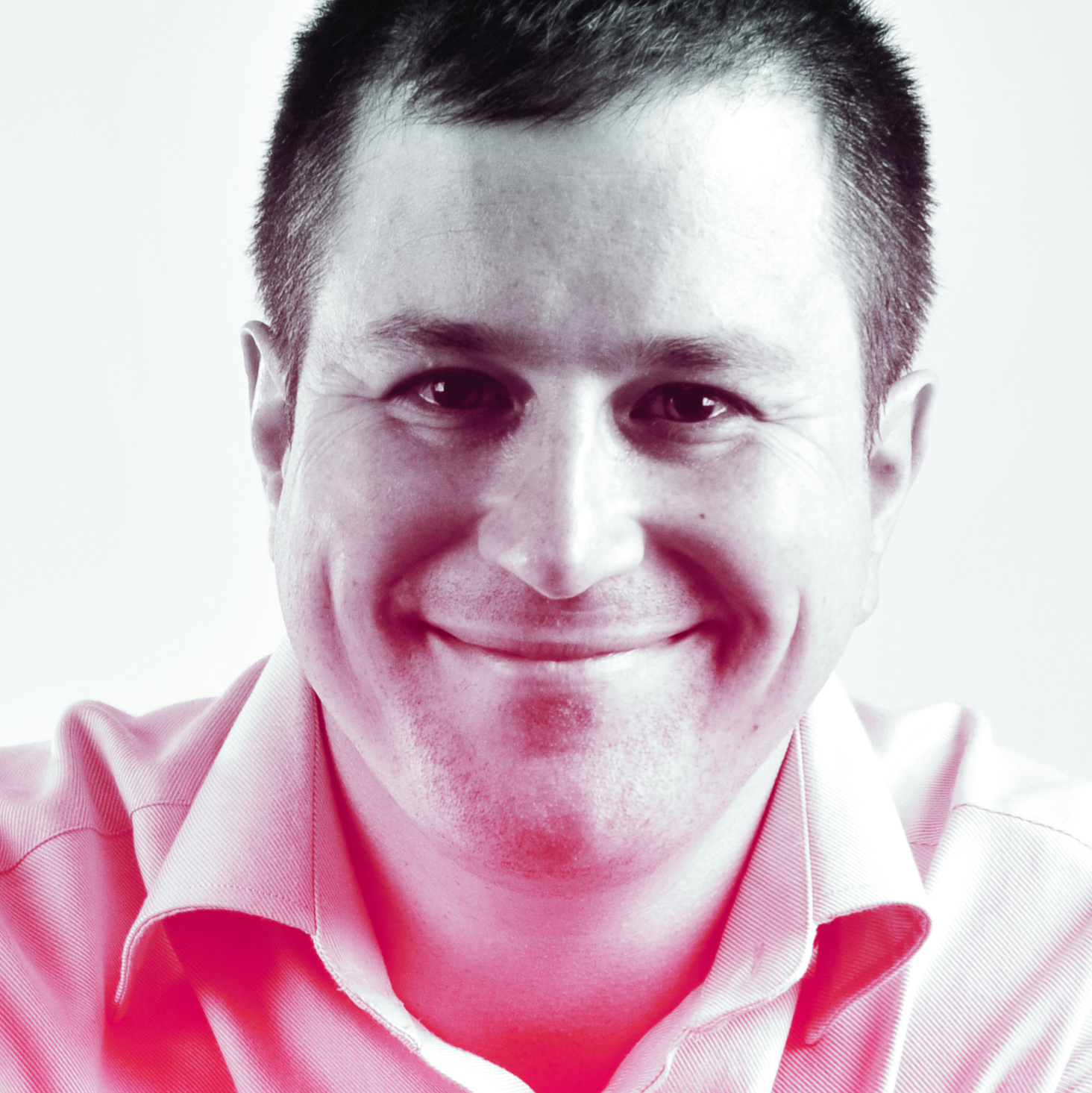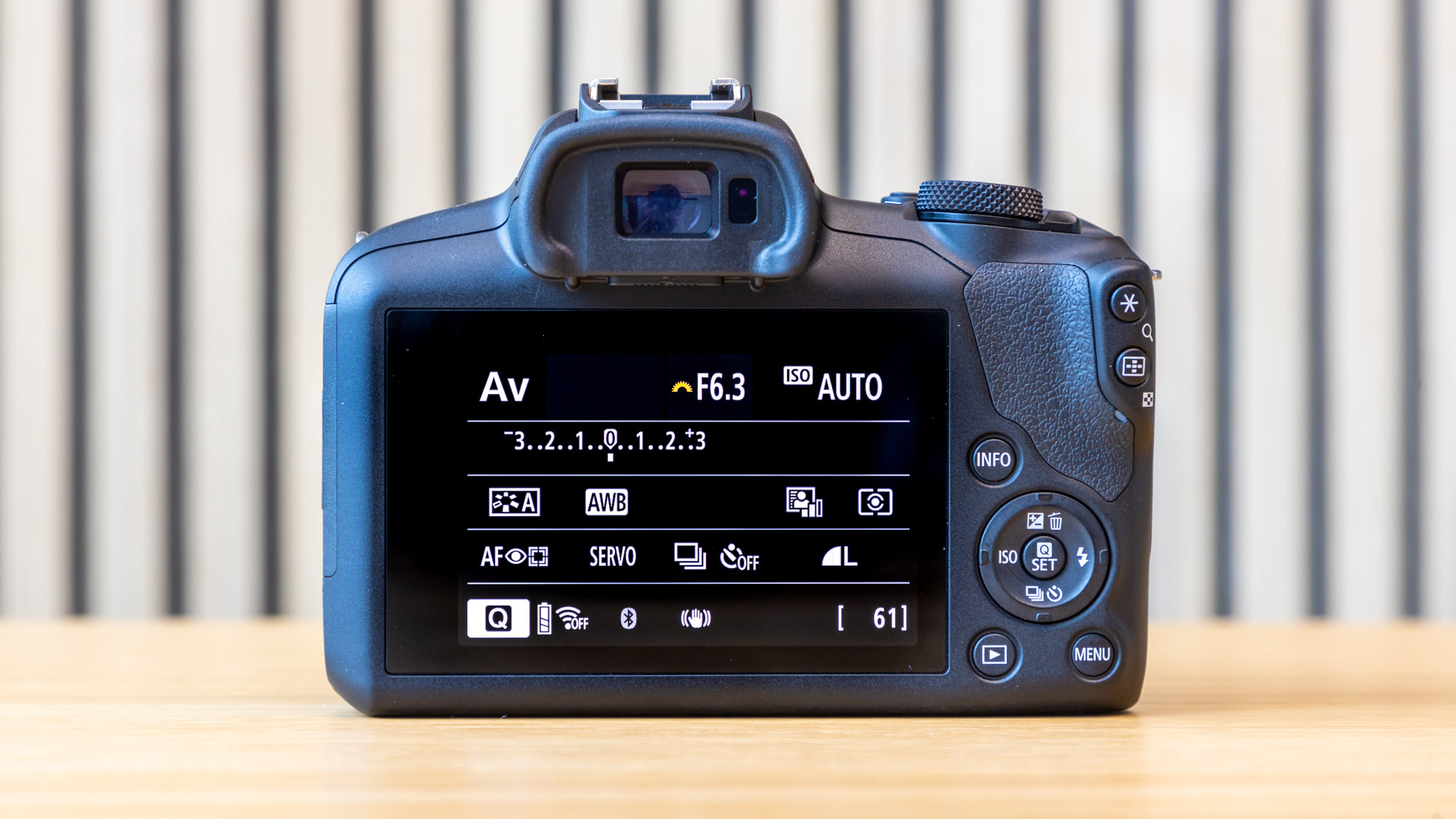
Back in 2019, I wrote a fun little list feature titled "20 Famous Photographers You Should Follow on Twitter." It was packed with genuine heavy-hitters. Rankin with his razor-sharp fashion commentary. Pete Souza dropping Presidential behind-the-scenes gold. Ami Vitale sharing her wildlife conservation adventures.
The piece practically wrote itself because these modern legends of photography were actually there, actively posting, engaging with fans, being gloriously, accessibly human.
Today, that article would be much tougher to write. Most of the famous faces have either not posted in months, or deleted their accounts altogether.
It's not just Twitter/X, either. Famous photographers are much less active on Instagram, and indeed social media in general. So what's going on?
Sucking at the corpse of creativity
From where I'm standing, it seems pretty simple: social media has become a creativity vampire. These platforms have evolved from tools for sharing work into full-time content mills that demand constant feeding.
The algorithm doesn't care if you spent three weeks perfecting a single image; it wants three posts a day. Preferably with trending audio and a hook that stops the scroll within 0.3 seconds.
This isn't sustainable for artists who became famous for their art. When someone like Annie Leibovitz spends months crafting a single portrait, the idea of chopping it up into Instagram Stories with animated text overlays must make her feel nauseous.
The best camera deals, reviews, product advice, and unmissable photography news, direct to your inbox!
Landscape photographer Dave Morrow has been the canary in the coal mine here. Once commanding 1.5 million social media followers, he nuked his entire digital presence in 2018. At the time, it seemed like career suicide. Now? It looks like prophecy.
Dopamine addiction is real
After all, look what we've become. Social platforms have weaponised the biological reality of our brains, creating addiction patterns that rival actual cocaine. Every 'like' triggers a dopamine hit, training our brains to crave more, more, more. For photographers who've spent decades developing their aesthetic intuition, this is poison.
Morrow articulated this perfectly when he described the "background static" of constantly having social media conversations running in his head.
Imagine trying to capture a transcendent landscape moment while mentally composing the caption and wondering if the image will perform better as a carousel post. The moment that happens, your creativity has become contaminated by marketing.
No validation required
No photographer needs this cognitive burden, least of all famous ones. They've already proven their worth through gallery exhibitions, commercial clients, and peer recognition. Social media validation feels like asking Michelin-starred chefs to compete on Recipe TikTok.
Not to mention that social platforms have created the perfect ecosystem for image theft. Your photo gets reposted without credit, goes viral on someone else's account, and good luck proving ownership or getting compensation.
If you upload a photograph to Instagram, you've also given Meta permission to use it in advertising, AI training, or whatever future monetization scheme they dream up. Established photographers have too much to lose and too little to gain from this "bargain".
In short, famous photographers aren't backing off from social media because they can afford to. They're abandoning it because they can't afford not to. And maybe it's time the rest of us learned the same lesson.
Tom May is a freelance writer and editor specializing in art, photography, design and travel. He has been editor of Professional Photography magazine, associate editor at Creative Bloq, and deputy editor at net magazine. He has also worked for a wide range of mainstream titles including The Sun, Radio Times, NME, T3, Heat, Company and Bella.
You must confirm your public display name before commenting
Please logout and then login again, you will then be prompted to enter your display name.

